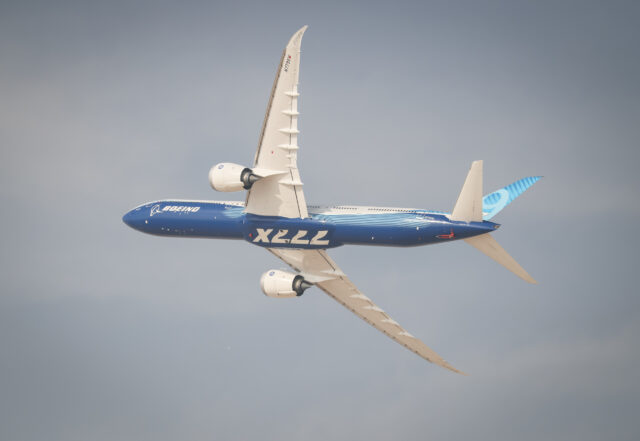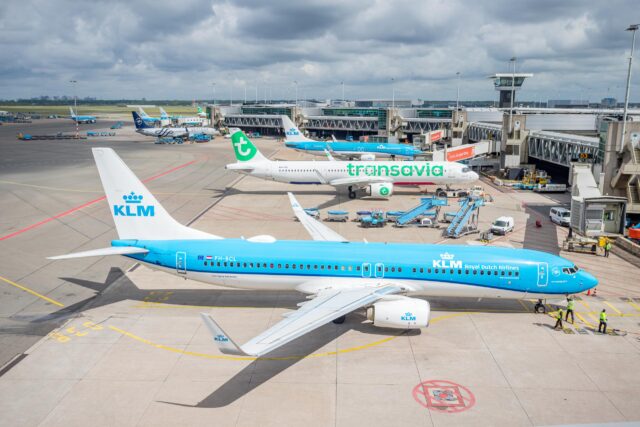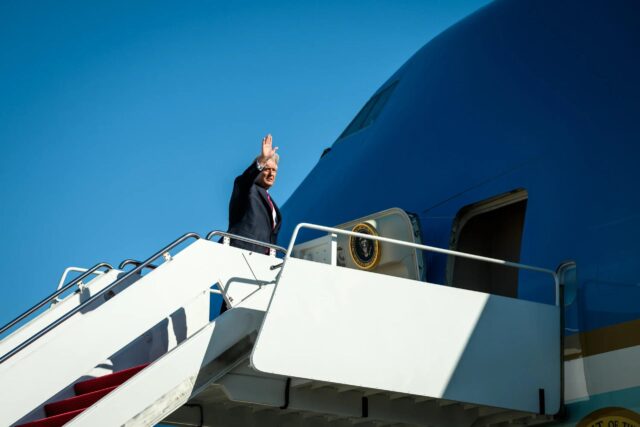Airlines cash in on package holiday boom: easyJet is the latest to ride the wave

November 26, 2025
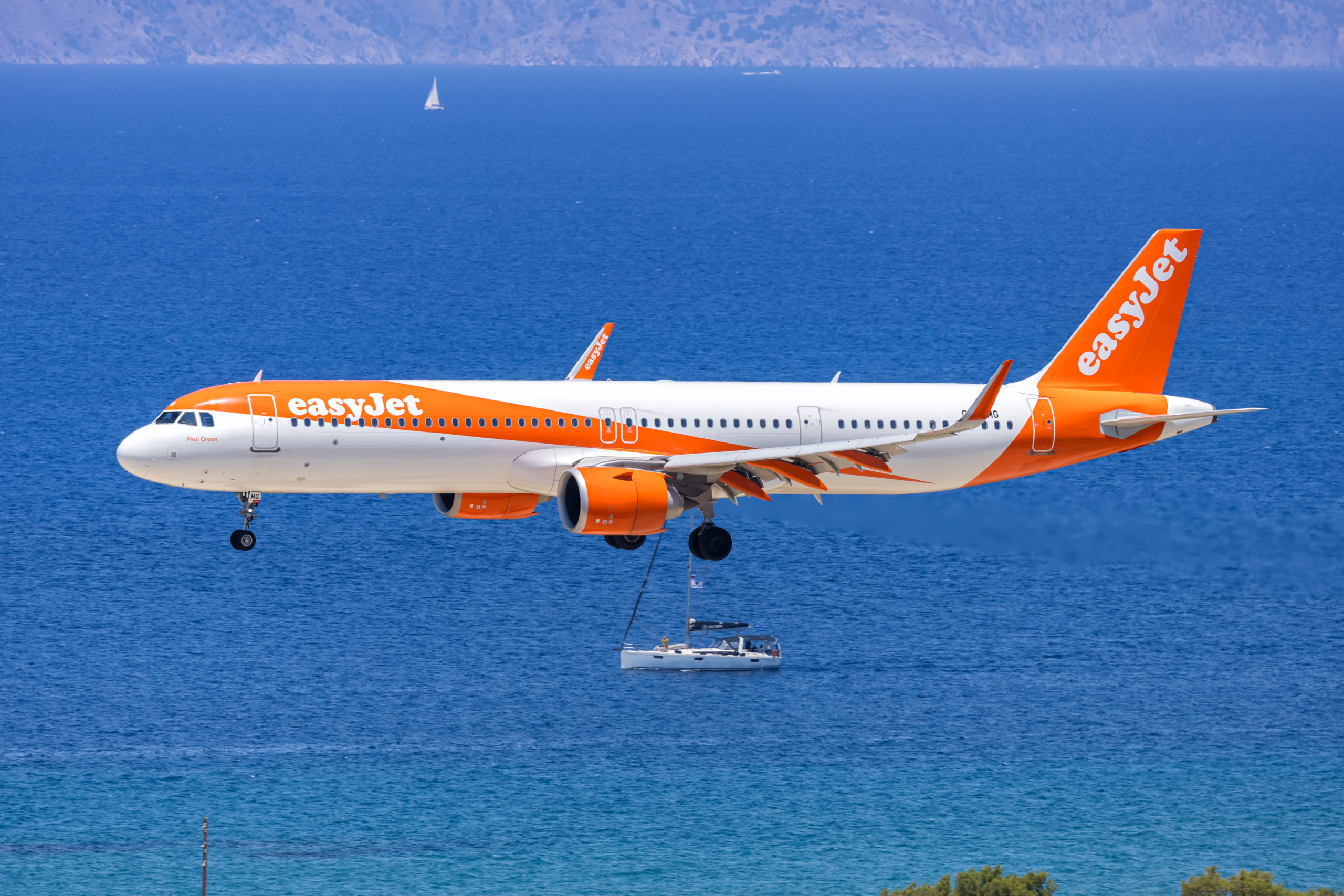
One does not have to go back many years when package, or inclusive tour, holidays fell out of favour with the travelling public.
With the rise in the low-cost airline sector, the public switched allegiances from pre-packed holidays (which included flight, transfers and accommodation) to plan-your-own itineraries, fuelled by the rise in cheap seat-only airline fares and the increasing popularity of holiday accommodation websites such as Airbnb.
Indeed, several major tour operators failed as a consequence of this trend away from package holidays. Thomas Cook went out of business in 2019, taking its extensive airline operations with it, while Cosmos Travel also went under in the UK in 2017, wiping out its decades-old in-house carrier Monarch Airlines with it.
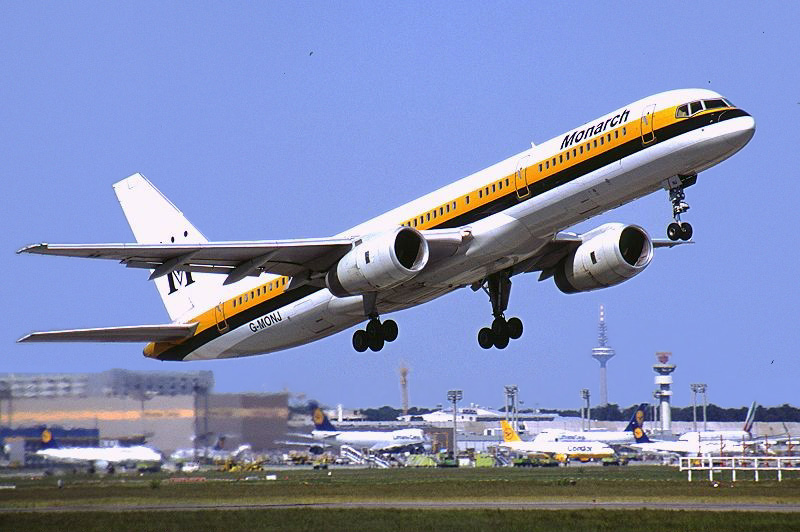
Roll on a few years, and the package holiday is back. In fact, more of Europe’s larger airlines are now becoming increasingly reliant on their own in-house tour operators for contributing to a substantial (and increasing) proportion of annual profits.
With easyJet becoming the latest European airline to announce a large increase in the profitability of its in-house holiday arm, the inclusive tour is enjoying a renaissance, with airlines all too keen to cash in on the boom to the benefit of their bottom lines.
What benefits can package holidays offer to airlines?
The offering of package holidays has become beneficial to airlines for several different reasons, and not just financial.
Firstly, offering a travel element can provide much-needed cash flow in the lower, off-peak seasons, such as winter, as the public thinks about booking their next summer holiday. Having this cash flow guaranteed year-round cushions the impact of fewer people travelling during the winter and minimises airline booking seasonality.
It also protects revenues should the price of holidays drop in the intervening period between booking and travel, and produces strong year-round margins.
Additionally, the selling of holidays can have a strategic impact on the airline’s proposition. It can guarantee forward passenger loads, often several months ahead of travel and locks the customer in, effectively creating customer loyalty before the passenger has even travelled.
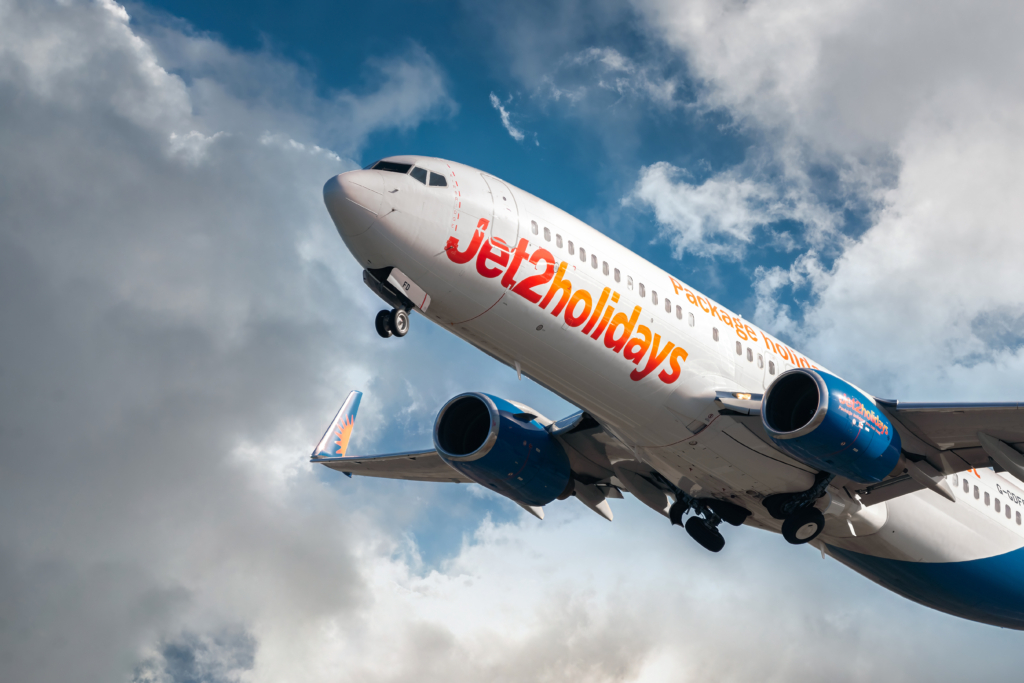
Lastly, and an area in which easyJet Holidays and Jet2Holidays have excelled through the sale of winter sun holidays and city breaks, the airline can fill its planes in the slower travel period by offering a product that the public will still want to consume, as the year-round demand for travel continues to grow.
Meanwhile, for passengers, the long booking windows, guaranteed pricing, and no hidden extras are all attractive to travellers (and particularly families), as is travelling with a trusted provider (which may be ATOL-protected in the UK, which guarantees refunds should the carrier fail before travel commences.
easyJet Holidays announces record profits for 2025
On 25 November, in the month that saw easyJet celebrate the 30th anniversary of its first flight, the airline announced record profits for the 2025 financial year, which ended on 30 September.
The airline itself revealed record headline pre-tax profits of £665 million($876 million), up £55 million ($72 million) from the 2024 fiscal year. However, it is the stellar performance of the easyJet Group subsidiary easyJet Holidays that has been grabbing the headlines.
EasyJet Holidays fared well for the year, despite ongoing political unrest affecting several of its markets and the rise in jet fuel prices. For the period, easyJet Holidays carried 3.1 million customers over the year, up 20% over 2024, with an expanded hotel range and growth in its UK market share contributing to these figures.
In 2025, the holiday division made £1.4bn ($1.8 billion) in revenues, up 27% year-on-year, and £250 million ($330 million) profit before tax, achieving this target earlier than anticipated by the airline itself.
Consequently, easyJet has set a new target of £450 million ($593 million) profit for easyJet holidays by 2030, as it aims for total group profits of £1 billion ($1.32 billion) in the medium term.

As an endorsement of the popularity of the easyJet Holidays brand and the traction it has garnered over recent years, the airline announced that it has already sold 80% of its holiday packages for the first half of the new financial year, with average selling prices up by high single digits.
But with easyJet’s financial results soaring, largely due to the building momentum of the easyJet Holidays brand, is this just an easyJet-centric phenomenon or a wider structural trend across European airlines?
easyJet is not an exception in the package holiday market
The package holiday comeback is not simply the domain of a certain Luton-based orange airline. Other carriers, both in the UK and across Europe, are cashing in on the rise in demand for such holidays.
The Jet2 Group, which consists of Leeds-based airline Jet2 and its own in-house tour operator Jet2Holidays, has also seen spectacular growth in the years since the pandemic.
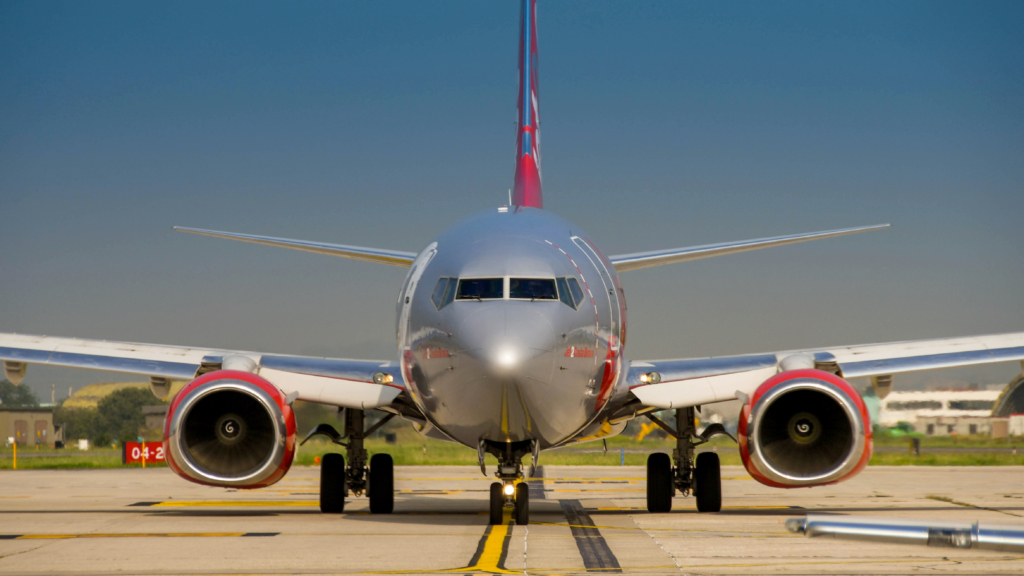
Consistently the largest profit contributor to Jet2, Jet2 Holidays has now become the UK’s biggest and fastest growing tour operator, with unrivalled levels of customer loyalty.
Indeed, many industry analysts insist that easyJet Holidays would not have reached the levels of success it has but for the blueprint laid down by Jet2Holidays.
Jet2 continues to set the pace in the UK
In its most recent half-yearly results for 2025, Jet2 saw its package holiday customers increase to 4.73 million versus 4.67 million during the same period in 2024.
With two new UK bases opening earlier in 2025 (Bournemouth and London Luton) and its next base due to open at London Gatwick in March 2026, this figure will undoubtedly rise.
With sustained growth over the previous financial cycles, the Jet2 Group is confident in its future growth trajectory, both in the package holiday and seat-only sectors (in the first half of 2025, seat-only passengers rose by 16% year-on-year to 4.77 million).
To equip the airline for the forecast future growth in its predominantly inclusive tour market, in 2022, the airline reached an agreement with Airbus to purchase 35 new Airbus A321neo aircraft, with the ability for this figure to extend to up to 71 aircraft.
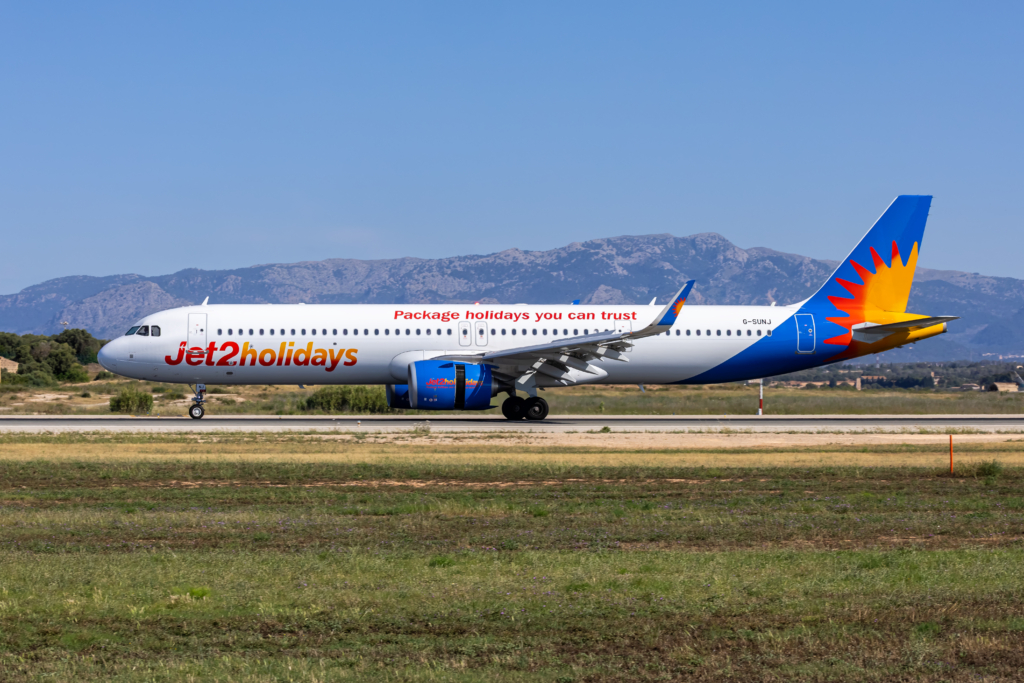
With an additional commitment placed in 2021 for another 65 A321neos, the latter announcement brought the airline’s total commitment to the type to 146 aircraft.
Although some of these aircraft will be used to replace some of the carrier’s older 737-300 and 737-800 aircraft, the majority will be used to prepare for future growth in its Jet2Holidays business, as the forecasted rise in demand for package holidays continues to soar.
Other airlines cash in on the growth of package holidays
Watching the spectacular rise in both easyJet Holidays and Jet2Holidays, others are expanding to ensure they don’t miss out on the package holidays boom.
TUI is one such operator which has followed a policy of slow and steady growth since its inception as the Thomson Travel group in 1965, with its own in-house airline, Euravia (later Britannia Airways), taking up the role as its main provider of flight seats for the company’s package holiday customers.
The company has expanded over the years, and despite a short-lived foray into scheduled flights in the 2000s, has largely remained a package-holiday only airline. In more recent years, TUI has opted for a rather different approach to growth by using wet-leased aircraft in the peak summer months to supplement its own aircraft fleet, rather than invest in new aircraft itself.
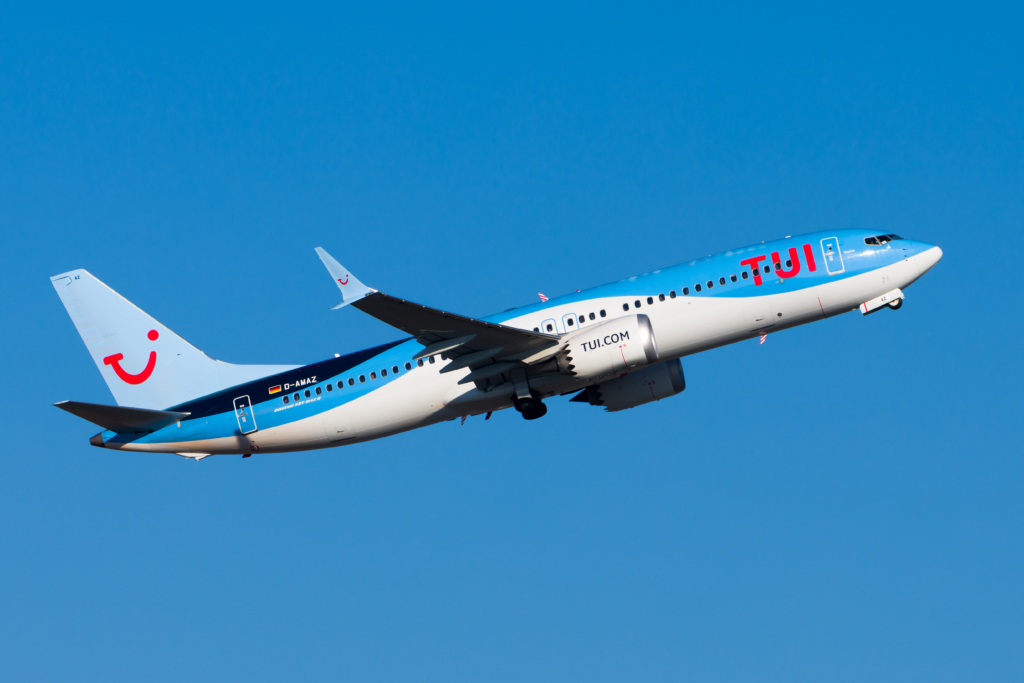
This policy seems to be paying off for the company, which has operations across Europe but is largely centred in the UK and Germany. At the end of the financial year 2025 (30 September 2025), the TUI Group reported preliminary underlying earnings of €1.45 billion ($1.68 billion), an increase of 12.6% year-on-year.
Meanwhile, preliminary revenues rose to €24.18 billion (£27.9 billion), an increase of 4.4%. The company’s performance exceeded its own guidance for the year.
With the TUI Group’s conservative approach to growth, and through the use of additional capacity in the peak months rather than expanding its own in-house airline capability, the TUI Group has long been held as the blueprint for how and why vertical integration works in leisure aviation.
Success in the package holiday sector is not just limited to the short-haul carrier, with both Virgin Atlantic and British Airways operating in-house tour operators. In fact, so successful is Virgin Holidays to the Virgin Group’s operations that the airline even opens up new routes just to serve leisure-based holiday travellers.
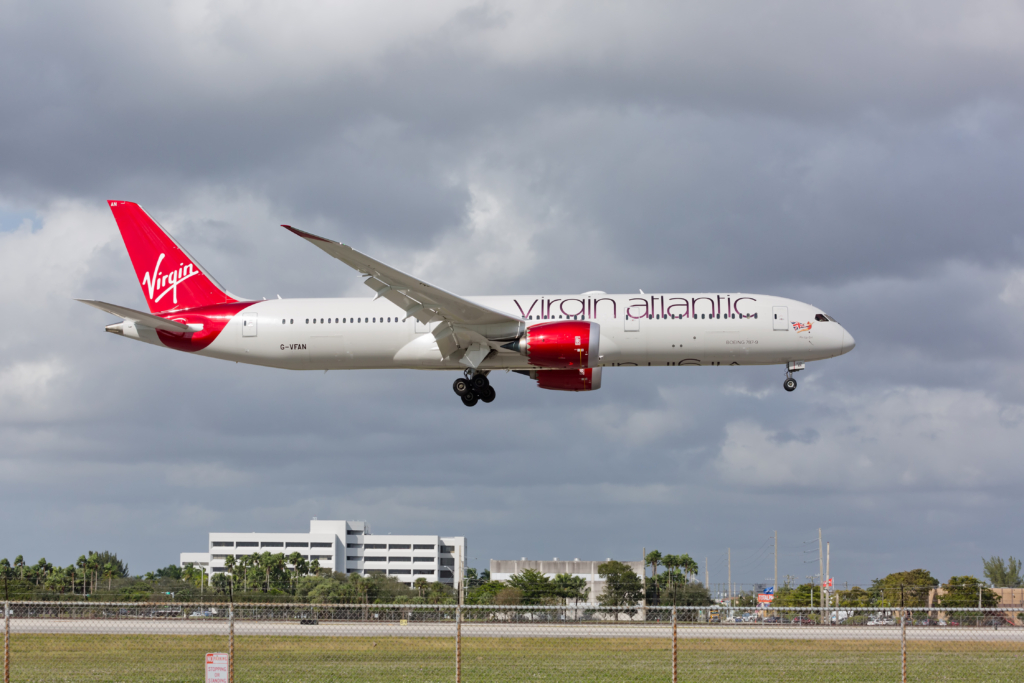
A good example of this is Virgin Atlantic announcing seasonal flights between London and Phuket starting in October 2026. The route, although unlikely to carry many point-to-point travellers, is ideal for aircraft utilisation in the winter months as well as taking full advantage of the high margins that cheap long-haul winter holidays can provide.
Another airline expanding into the short/city break sector is Germany’s Condor, which is slowly rolling out an expanded route network from points in Germany to several major European cities, with London being the latest destination to join this group.
What about Wizz Air?
European low-cost carrier Wizz Air is a latecomer to the package holiday scene and is somewhat behind the curve in embracing the phenomenon and the benefits that involvement in the market can bring.
With its own issues in having numerous aircraft grounded due to ongoing Pratt & Whitney GTF engine issues, grounding a substantial part of A320 family fleet, along with rising operating costs and the subsequent closure of bases (including Abu Dhabi and Vienna in 2025), one might excuse the carrier for having its attentions drawn elsewhere.

The airline has been quietly testing the waters with flight-plus-hotel bundles, among other ancillary revenue ideas, but has not yet signalled a full-scale push into becoming a tour operator powerhouse like easyJet or Jet2.
However, given the potentially available spoils, many believe it is only a matter of time before Wizz Air diversifies into the package holiday market either in its own right or through a third-party partner to some degree.
Why Ryanair refuses to cash in on package holidays blitz
So far, European low-cost leviathan Ryanair has been holding back from entering the package holiday market in its own right, although it has been embracing third-party online travel agents to sell its flights as part of their own package holiday instead.
It was only around two years ago that the Irish airline steadfastly refused to enter the package holidays business and launched legal proceedings against several online holiday companies that sold its flights as part of a package.
However, following a U-turn in policy, the airline has since authorised a select few companies to do just this, giving Ryanair a presence in this market, if not a full-blown one.

Reasons that Ryanair cite for staying out of the sector have been the costs involved in setting up and running an in-house tour operator, and the distraction it may cause to the airline’s crusade to offer the lowest air fares in Europe.
It also says that keeping air fares low means more people can travel, allowing them to find and book their own accommodation.
With Ryanair, it is all about brand positioning and the carrier’s pursuit of low-cost fares in Europe and beyond. Entering the package holiday market, the company says, will dilute that message and distract passengers from what the company does best.
That said, the airline has had a dalliance with packages in the past through its Ryanair Rooms and Ryanair Holidays – both of which failed to capture the public’s imagination and quickly disappeared from the airline’s offering.
Package holidays – the quiet airline profit engine
While airline-owned package holidays have become aviation’s quiet profit engine, there is still some reluctance by some carriers to join the club. While the thinking behind Ryanair may be ‘never say never’, the airline has found other ways to increase incremental revenue without the hassle of setting up and managing an in-house package holiday business.
Yet, one thing is for sure – those airlines that have embraced the model have done very well from doing so and are growing rapidly as a result of it. Only time will tell if the package holiday bubble lasts, but for now, airlines like Jet2 and easyJet are very much making hay while the inclusive tour sun shines.
Featured image: Markus Mainka / stock.adobe.com

